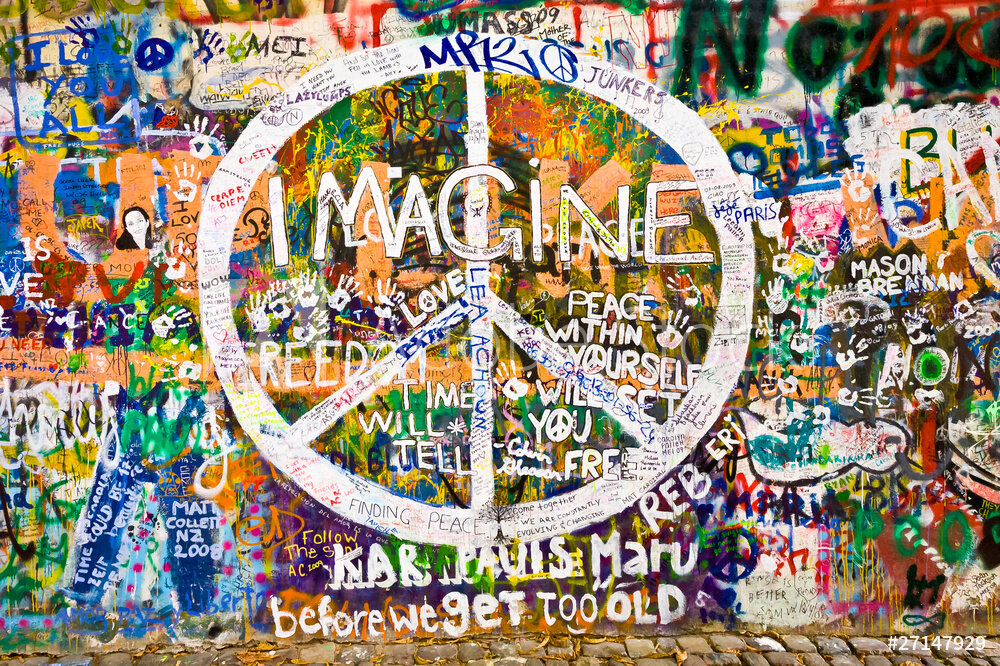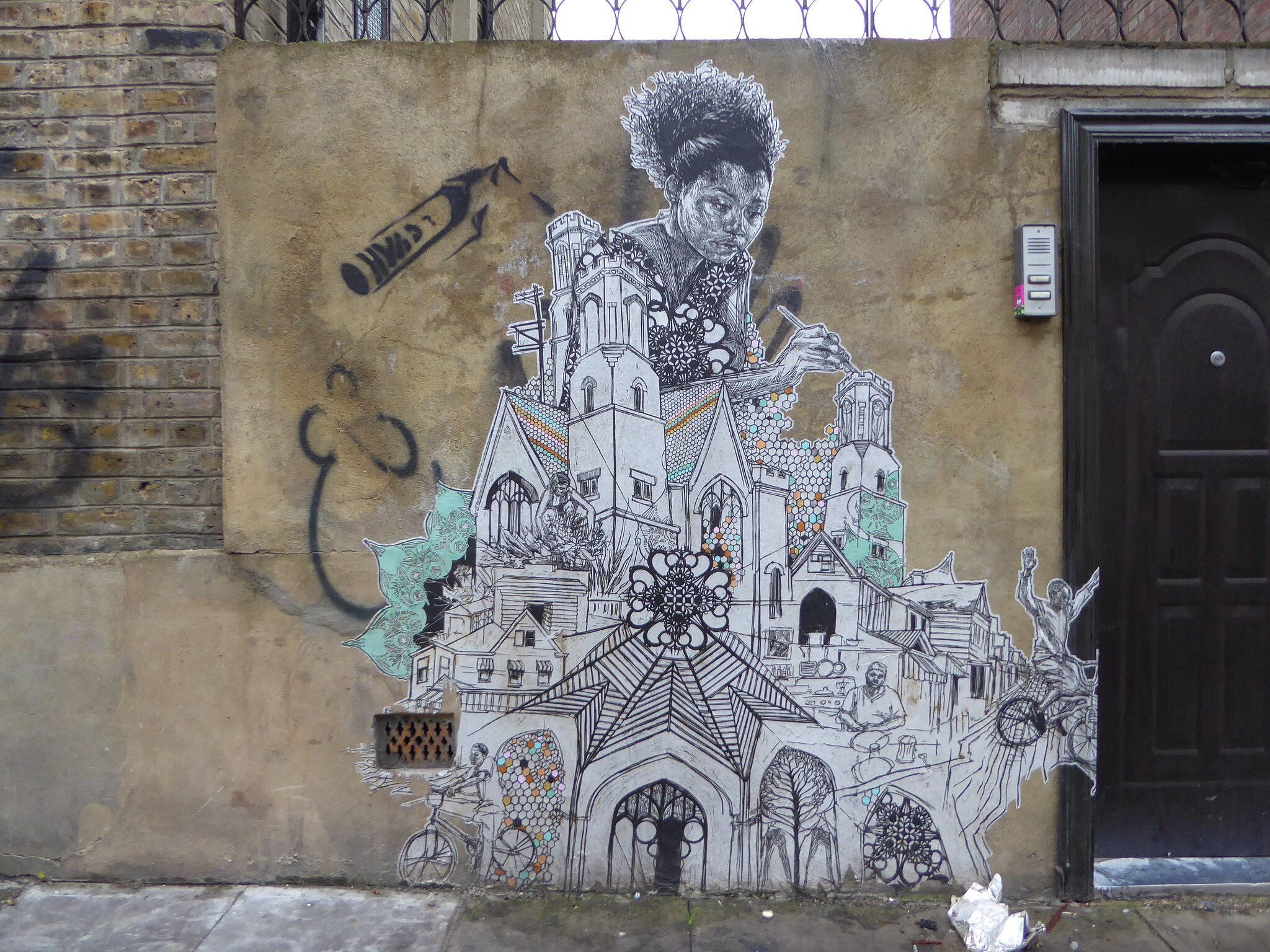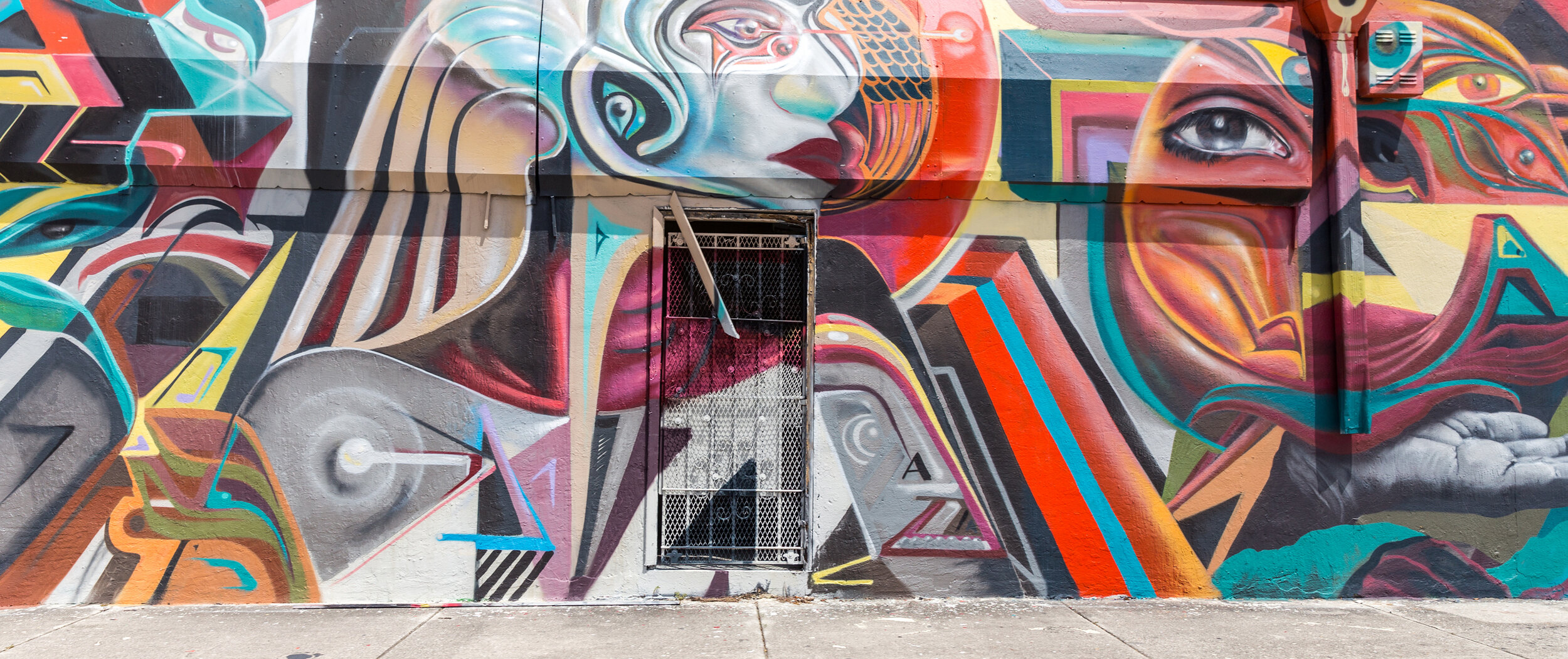Quotations
The quotations we share on this website come from people for whom transformational change is an integral part of how they participate in the world. In all cases offered, these are non-dominant culture perspectives.
David Baily Harned
David Baily Harned was a professor of religious studies who taught at Williams, Smith, and Allegheny colleges, as well as at the University of Virginia, Louisiana State University, and the University of Edinburgh.
Hopi Elders
The Hopi Tribe are an Indigenous people of North America living today primarily in Arizona. To be Hopi means to live in a state of reverence and respect for all things.
James Baldwin
James Baldwin was an essayist, playwright, novelist and voice of the American civil rights movement. He broke new literary ground with his exploration of racial and social issues and was especially known for his essays on the Black experience in America.
Brenda Zimmerman
Brenda Zimmerman was a professor of Strategic Management at the Schulich School of Business at York University in Toronto. She also co-authored the provocative social change text, "Getting to Maybe, How the World is Changed.”
Rev. angel Kyodo williams Sensei
Called “the most intriguing African American Buddhist” by Library Journal, and “one of our wisest voices on social evolution” by Krista Tippett, Rev. angel Kyodo williams Sensei is an author, maverick spiritual teacher, master trainer and founder of the Center for Transformative Change.
Nelson Mandela
Nelson Mandela was a South African anti-apartheid revolutionary, political leader and philanthropist who served as president of South Africa from 1994 to 1999. His government focused on dismantling the legacy of apartheid by addressing institutionalized racism and cultivating racial reconciliation.
Image Credits
Street art is arguably the most democratic art of our time. It lives in our neighborhoods, charges no fees, requires no interpretation, and changes everyday lives, individually and collectively. The works featured on our site testify to the creative human spirit and the expressive power of art. Wherever possible, the street artists who created these artworks and the photographers who captured the images are credited below.
If you can help us identify uncredited works, let us know.
LOGO
The use in our brand identity of what is commonly known as the “infinity loop” was inspired by colleague Brenda Zimmerman. Brenda was a brilliant and sage complexity theorist living and working in Canada. Building from the work of C.S Holling, Brenda popularized the frame of the Ecocycle to refer to the stages of transformation which individuals, organizations, communities, societies, and the natural world go through as living systems.
Brenda described four stages in a living system: Birth, Maturity, Creative Destruction, and Renewal. Use of the infinity loop to depict these stages helps illustrate the fact that there is no beginning or end to a living system. The typical front end S curve of the infinity loop is the Birth-To-Maturity phase—something that many people have been exposed to as a part of formalized learning. Less typically attended to is the back end S curve of the infinity loop—Creative Destruction-To-Renewal.
Recognition that living systems are in a constant state of transformation from one stage to another—and that each stage calls for different ways of being—is an important part of leaning into the work of collective change.
“Those who struggle to make a difference have to face two paradoxes. The first is that success is not a fixed address. The second is that failure can open the way to success.”
—Frances Westley, Brenda Zimmerman, Michael Quinn Patton: Getting to Maybe: How the World is Changed




























